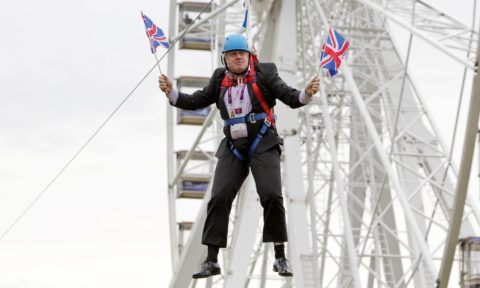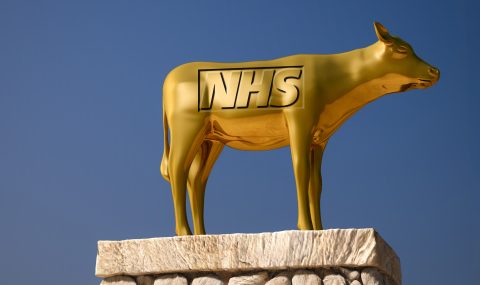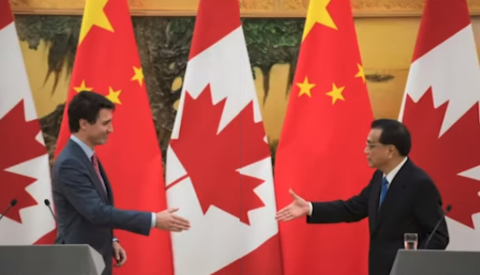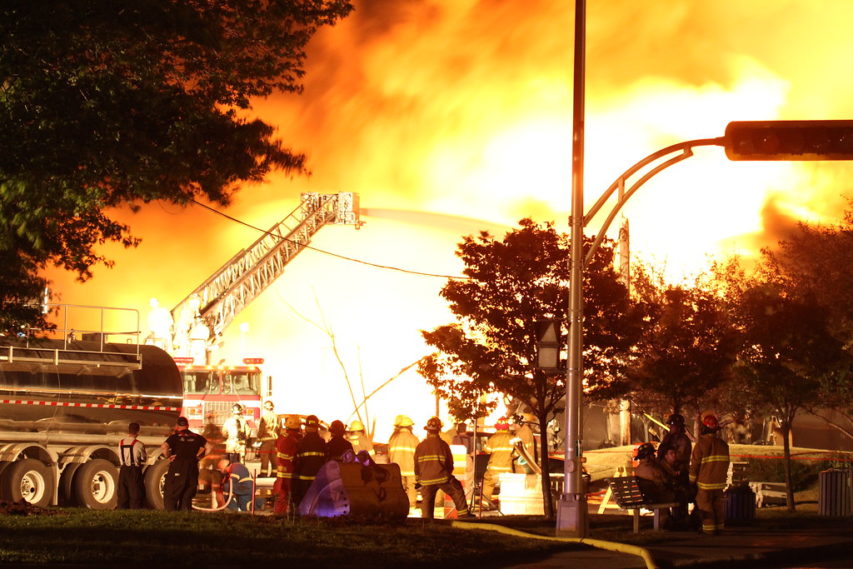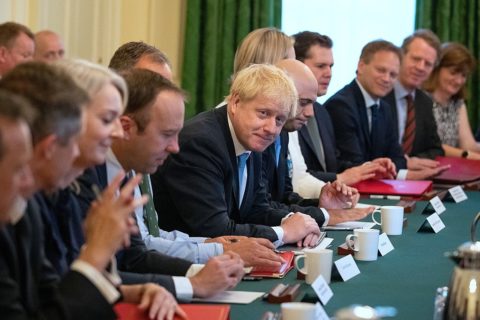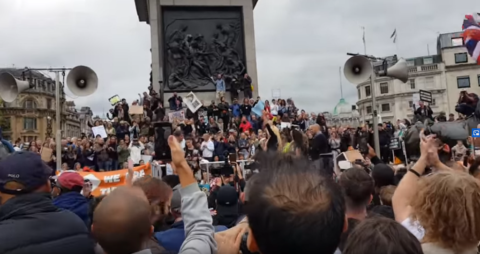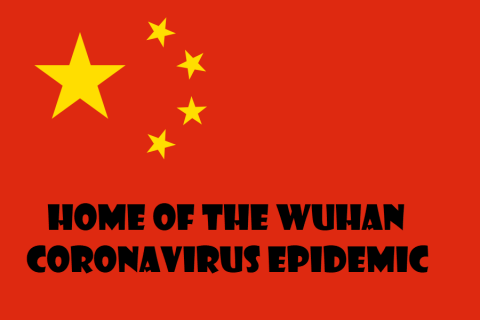What is it with British PMs and political U-turns?
So Christmas is cancelled. The neo-Cromwellian edict has been issued. The thing that Boris Johnson said would be “inhuman” just a few days ago has now been done. For the first time in centuries people in vast swathes of England – London and the South East – will be forbidden by law from celebrating Christmas together. The government’s promise of five days’ relief from the stifling, atomising, soul-destroying lockdown of everyday life has been snatched away from us. It’s too risky, the experts say; the disease will spread and cause great harm. You know what else will cause great harm? This cruel, disproportionate cancellation of Christmas; this decree against family festivities and human engagement.
This evening Boris Johnson executed the most disturbing u-turn of his premiership: he scrapped the planned relaxation of lockdown rules for Christmas. He commanded that London and the South East will be propelled into Tier 4, yet another Kafkaesque category of authoritarianism dreamt up by our increasingly technocratic rulers. This means no household mixing, including on Christmas Day. That’s millions of planned get-togethers, family celebrations, cancelled with the swipe of a bureaucrat’s pen. Other areas outside of London are luckier: Boris has graciously granted them one day off from the lockdown rules, on Christmas Day, when they may mix with people from other households. They will no doubt give praise to their benevolent protectors for such festive if fleeting charity.
There is much that is disturbing about Boris’s decree. It is being justified on the basis that a new strain of Covid-19 is spreading in the South East and seems more contagious than earlier strains. That is certainly something we should be aware of. But Boris also declared that there is no evidence that this new strain has led to “increased mortality”. So what is going on here? Surely before enacting the drastic, almost unprecedented measure of preventing millions of people from celebrating Christmas together the government should offer up clearer evidence of the significant social harms that would allegedly spring from such celebrations? The political and media elites go on and on about “evidence-based policy”, except when it comes to locking people down. Then it’s all “Yeh, go ahead, better safe than sorry”.

